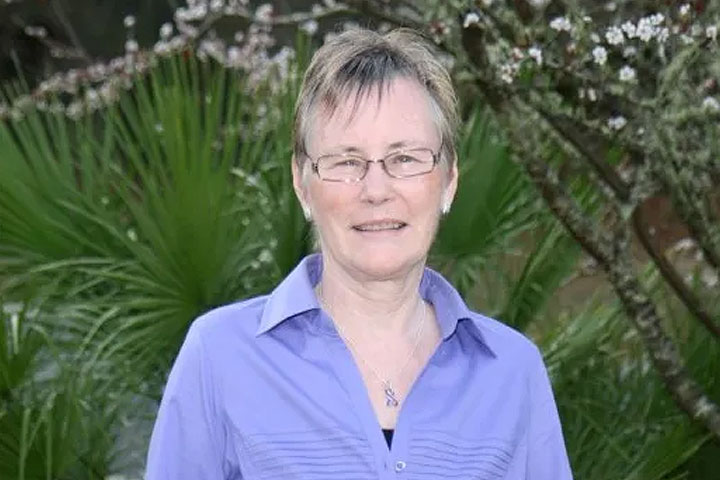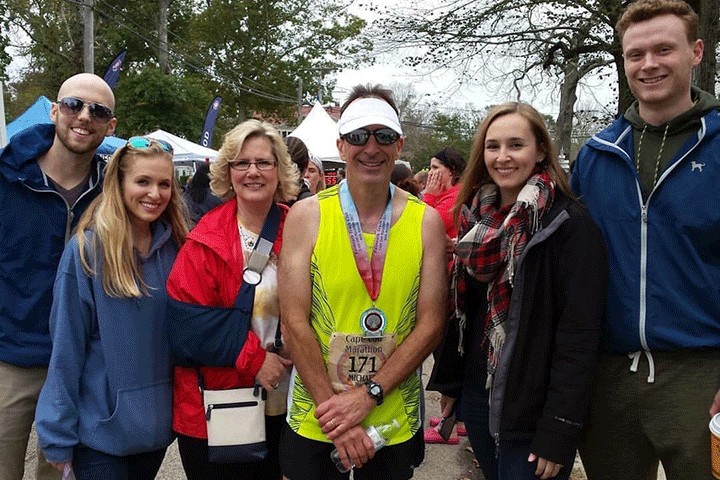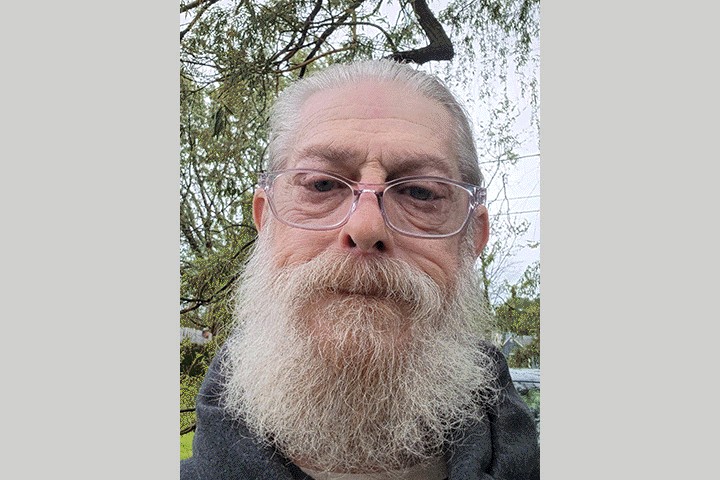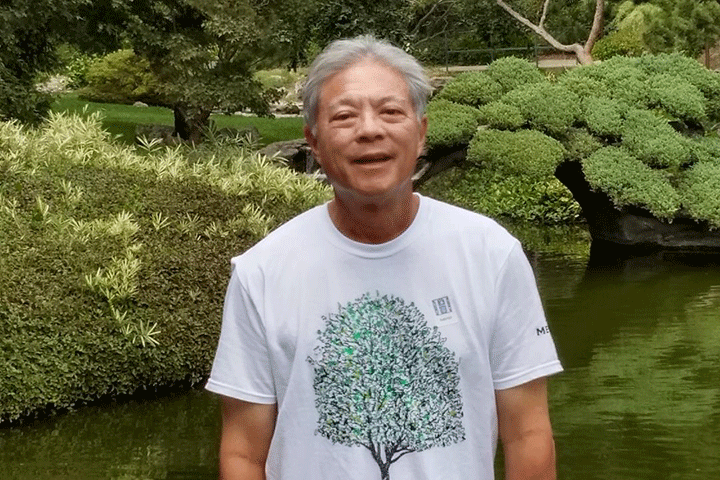Education, Clinical Trials, and Advocacy

- Initial treatment includes a clinical trial
- Anticipating another clinical trial
- The importance of education and advocacy
I was living well and in good health until March 2013, when I developed pain in my abdomen.
A trip to the ER diagnosed an intestinal blockage. A CT scan revealed the source—a tumor on the tail of my pancreas. I heard those dreaded words: you have inoperable stage IV pancreatic cancer. I was given a prognosis of four to eight months to live.
I remember thinking that my daughter was about to have her first child and I desperately wanted to meet him. But I knew that in tough times you can choose to give up or fight for every day. I chose the latter and my journey began. Because my mother died from the same disease in 2008 I knew that I wanted to join a clinical trial.
Educating Myself and My Family
First, Dr. Thomas George, my oncologist at University of Florida Health in Gainsville, reviewed my options for clinical trials. Then I discussed it with my two daughters—a cancer researcher and a nurse practitioner. They asked many questions, which is crucial because you need to educate yourself. And you shouldn’t be afraid of a trial. Once we got the answers we needed, my family encouraged me to participate.
I was started on FOLFOX chemotherapy in May of 2013. In September they dropped the oxaliplatin due to neuropathy symptoms which have since gone away. So I have been on modified FOLFOX (leucovorin and 5-FU) since then. I also started taking the oral clinical trial target drug (dasatinib) daily in May of 2013 as part of a clinical trial.
Since then my family and I have made the hour-long trip from Dunnellon, Florida to the UF Health Davis Cancer Pavilion every other week, so I can get treatment via infusion and pump hook up. I enjoy a wonderful quality of life and now have two new grandchildren and a new son-in-law.
A New Clinical Trial in My Future
In October 2016, my tumor showed a slight growth for the first time. Dr. George is starting a new clinical trial very soon using two immunotherapy drugs in conjunction with a target drug. I am scheduled to switch to this trial when they get the approval to begin.
I can’t say enough about the advantages of a multidisciplinary treatment team of people in close communication watching over me. In addition, my entire team—the infusion nurses, my PA, the clinical trial liaisons, and Dr. George—obviously value patient feedback as a high priority. These two advantages translate into decreased anxiety and increased security—so important to the patient in a tough battle.
Advocating for Pancreatic Cancer Patients
I have tried to be an advocate for empowering newly diagnosed people with the need to research their options. Too often people diagnosed with pancreatic cancer, especially stage IV (which is the majority), are told to go home and get their affairs in order. Options for treatment have changed significantly in recent years. It is so important to be connected with a medical professional who has kept up-to-date with these newer options for treatment.
Clinical trials are such an important piece of this issue. My treatment has not been as harsh as I anticipated before starting in the clinical trial. I travel up and down the East Coast visiting family regularly and am very active despite receiving treatment every other week.
I have participated in PurpleStride 5K walks in locations from Tampa to Boston and meet so many survivors who are beating those dismal odds because they didn’t give up to go home and get their affairs in order . . . they researched their options and took another path.
Since this story was published, Pat passed away. We are deeply appreciative that she was willing to share her story with Let’s Win, so that other pancreatic cancer patients and their families can know about the different treatments that are available. We offer our sympathy to her family.






